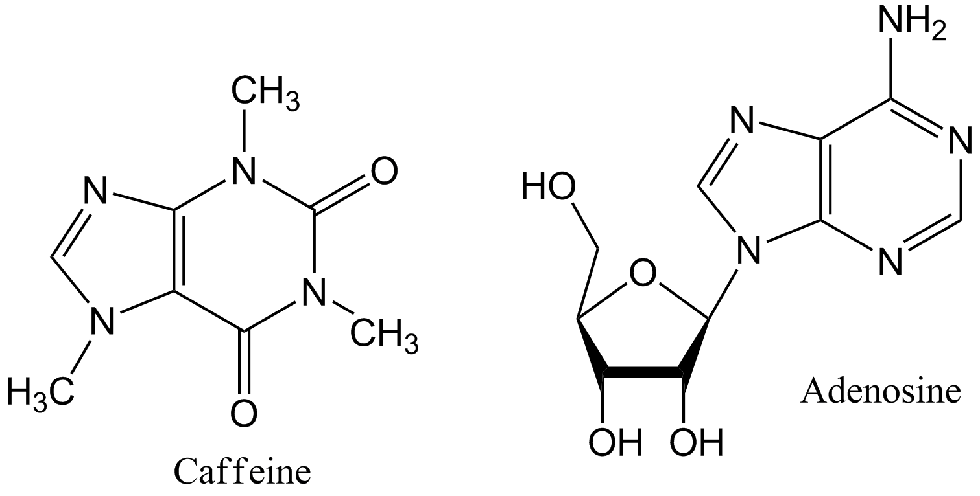Whether it starts off with a series of yawns or closed eyelids and a bobbing head...we all feel sleepy from time to time, hopefully not while reading this article, but if you are dozing off, it's okay, because the need to sleep is one of the strongest biological urges that we have that we can't really control. Actually, it's likely that one would die faster from sleep deprivation than food deprivation.
In a 1989 study that was published in 1989 (and revised in 2002), Dr. Allan Rechtschaffen and his colleagues published a study in Sleep titled "Sleep Deprivation in the Rat: X. Integration and Discussion of the Findings" revealed that a group of rats deprived of sleep all died within two weeks.
Since we sleep for about 1/3 of our lives, naturally one may wonder why do we need to sleep? Yet there is no definite answer because scientists are still hung up on the phenomenon.
However, a compelling originator for sleep is believed to be adenosine, which builds up in our brains as a byproduct from the use of adenosine triphosphate (ATP, a main energy storage molecule) by our neurons and other other brain cells. As adeonsine builds up in our brains we get drowsy, and surprisingly enough, caffeine has a very similar molecular structure to adenosine (notice the same double ring structures of the molecules in the figure below). So, when caffeine is consumed it binds to the same brain receptors that adenosine would bind and in doing so it tricks our bodies into thinking they're not tired. As caffeine is filtered out of our bodies, adenosine lingers in the shadows in wait to flood the receptors previously occupied by caffeine, inevitably making us tired again. Thankfully, when we sleep, those adenosine molecules gradually get absorbed by our neurons helping us feel refreshed by the time we wake up.
Cautionary note: short-term sleep deprivation causes the amygdala (responsible for emotion, survival instincts and memory) to go haywire, which in turn shuts off the pre-frontal cortex (the primary control center for logical reasoning). Additionally, the locus coeruleus, a blue colored nucleus on our brain stems which helps us respond to life threatening stress, kicks into action. The locus coeruleus is like a paranoid uncle who's suspicious of everyone and everything, resulting in poor judgement and actions. If sleep deprivation doesn't come to a rest, memory and speech control take a sacrificial plummet, possibility of vivid hallucinations increases and, like a vulture circling above, the ultimate consequence awaits....
So, heck...be like a koala and get your Zzzz because, along with a whole cohort of benefits, sleep plays a monumental role in brain plasticity (strengthening and modifying memories) and body restoration (DNA repair, protein synthesis and cellular maintenance).
Sweet dreamZzz :)






















